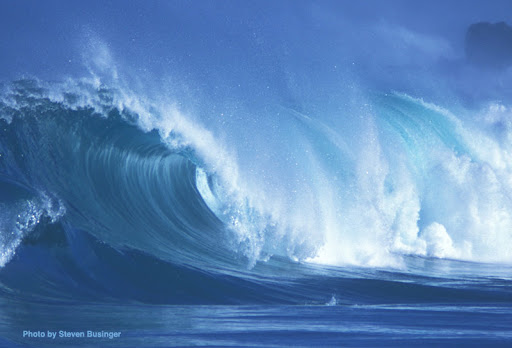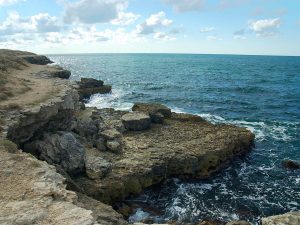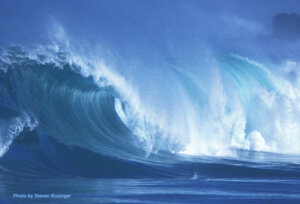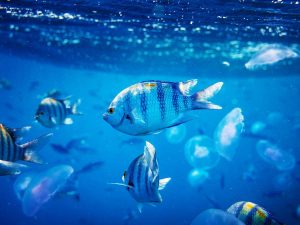The oceanography is an interdisciplinary by nature and has connections to biology, chemistry, physics, engineering, earth sciences and environmental system science. Undergraduates in the Oceanography degree program will develop an understanding of the fundamentals of science governing the ocean. The students engage in a wide range of topics of scientific interest and increasing social concerns. Ocean atmosphere interactions, Ocean environments (physical, chemical, biological and geological), Ocean dynamics (waves, tides and currents), Marine eco-systems, Ocean energy including Sea levels changes, ocean circulation, natural climate variability, global warming, ocean acidification and ocean-based disasters. Applicants must have passed the G.C.E. advanced level examination with minimum passes at a single attempt in physical and biological science stream. Applicants who sat for G.C.E. advanced level within three attempts at the immediate previous year, are eligible to apply. Applications are called from the prospective candidates through the Ocean University website in the relevant year. Students will be selected based on highest z-scores and You will be required to attend an interview. In the first year, you’ll develop your foundation knowledge in mathematics and introductory level modules on physics, chemistry, biology and geology of the ocean environment including computer science and geoinformation science. You'll gain the field and laboratory skills and yearend field visit by seagoing vessel. In your second year, you'll focus to deep learning modules such as geophysical fluid dynamics, geophysics, atmospheric science, hydrography, climate change, ocean based disasters, statistical techniques and law of the sea and marine policy. In your third year, you'll study advanced topics such as ocean dynamics, analytical techniques and ocean status forecasting where you will have more exposure to work with ocean observations data management and analysis. In the end of the year you will go for an internship and produce a research dissertation on a topic of your choice. In the final year, You will have more practical knowledge on oceanographic surveying, ocean modeling including ocean energy and coastal engineering applications. The degree program will be completed with submitting research decertation. The B.Sc. (Hons) degree in oceanography the students shall take minimum of 126 credits to complete the degree program. Usually, One Credit is equivalent to 15 hours of lectures or 30-45 hours of tutorials, laboratory work and field visits etc.
About this course
Study areas in this course
You will have the opportunity to engaged the core parts of this program
After developing a range of key skills in this program, you will be
Advanced-levels
Course structure
Semester 1
Semester 2
Semester 3
Semester 4
Semester 5
Semester 6
Semester 7
Semester 8
Learning and Assessments
Learning activities
Assessments
Apply Now
About Instructor
-
MPjWcpdyZp








